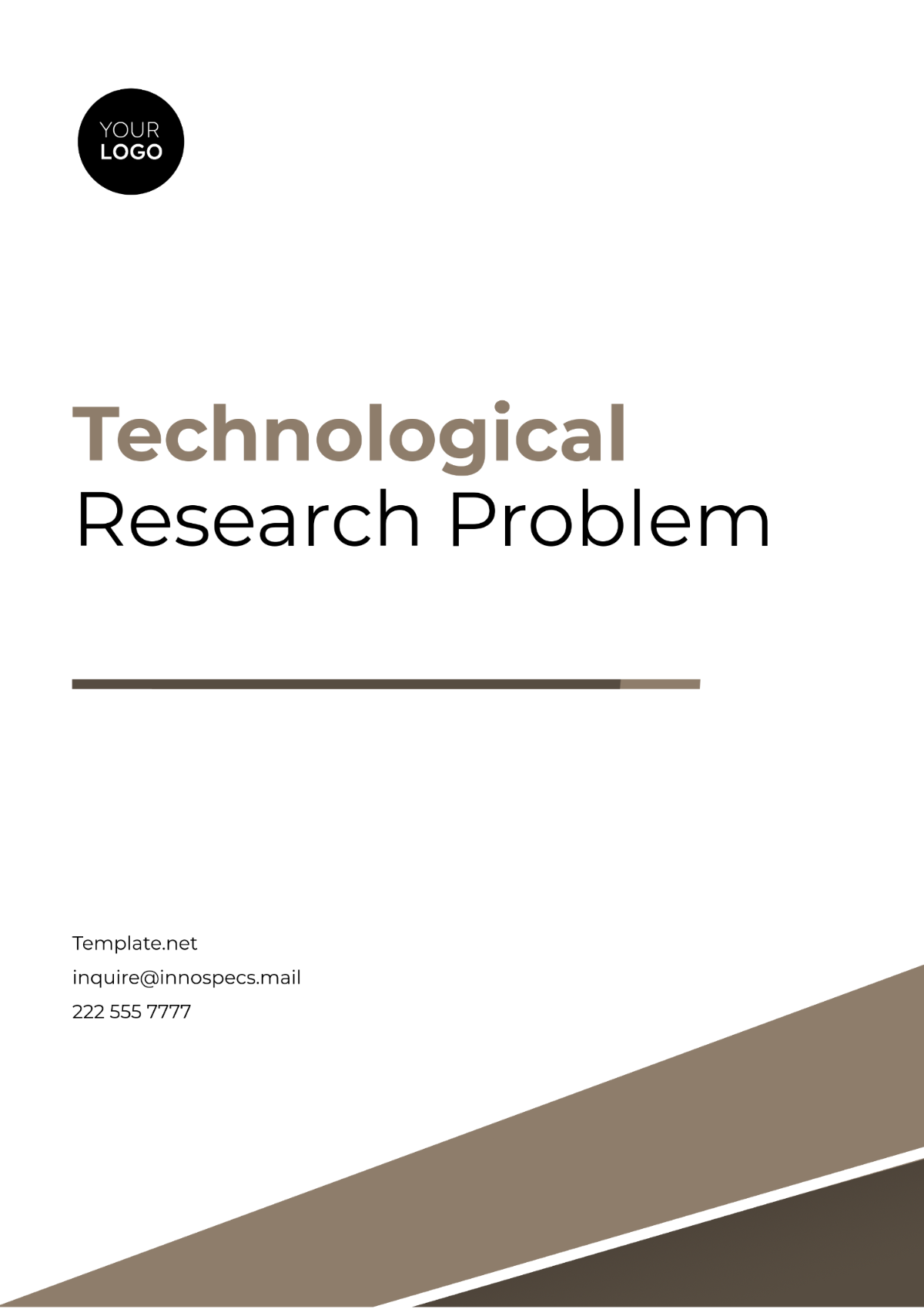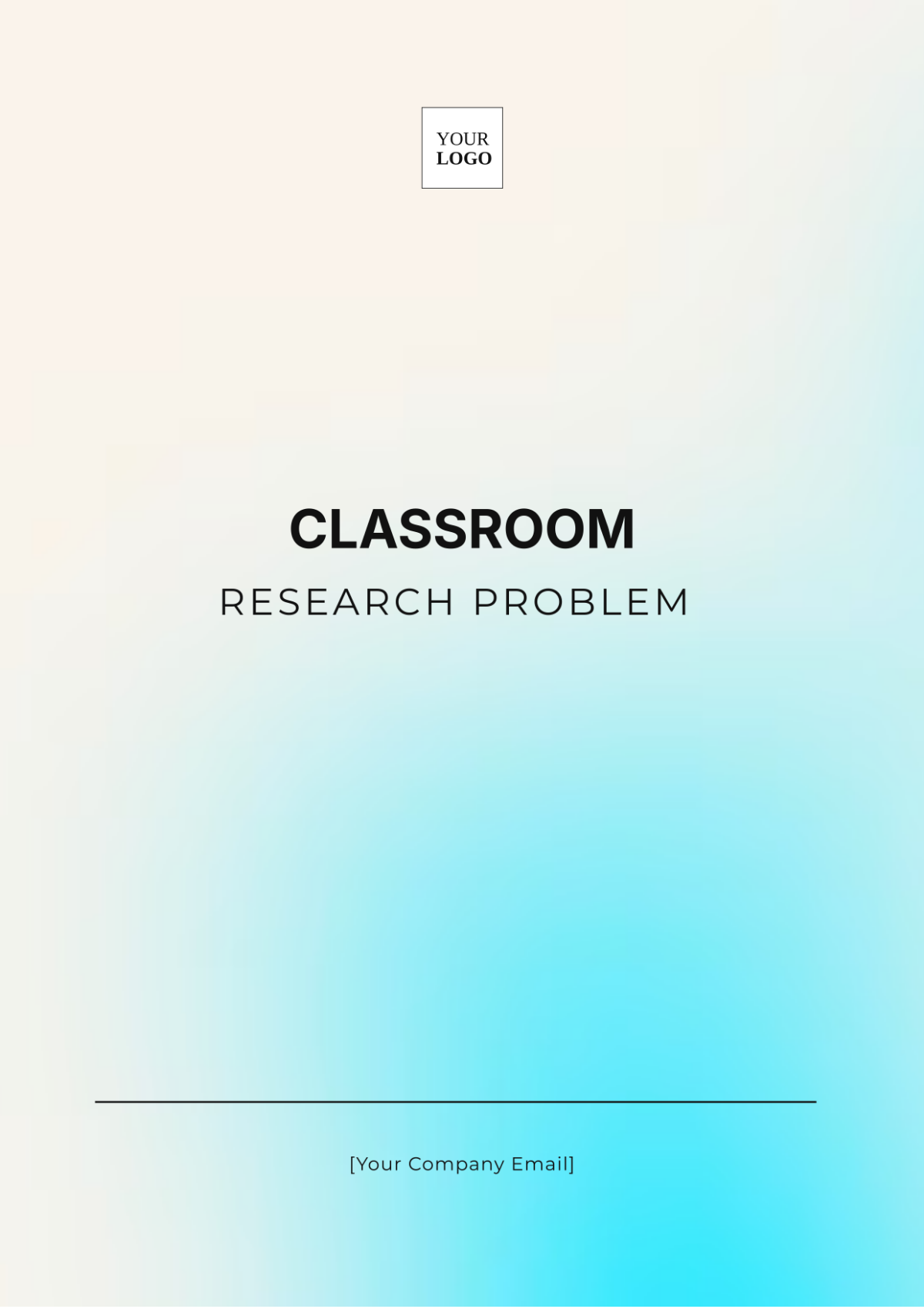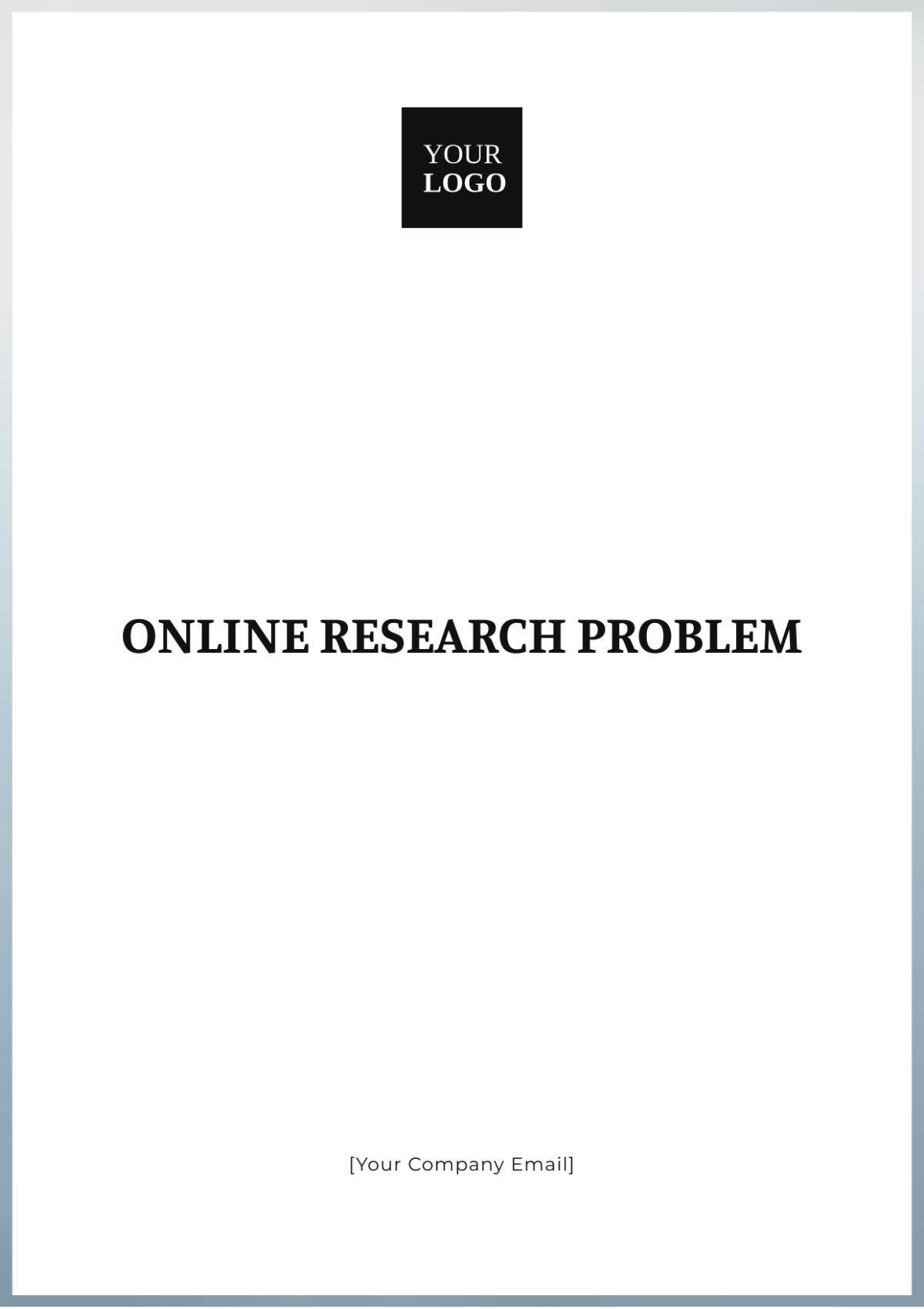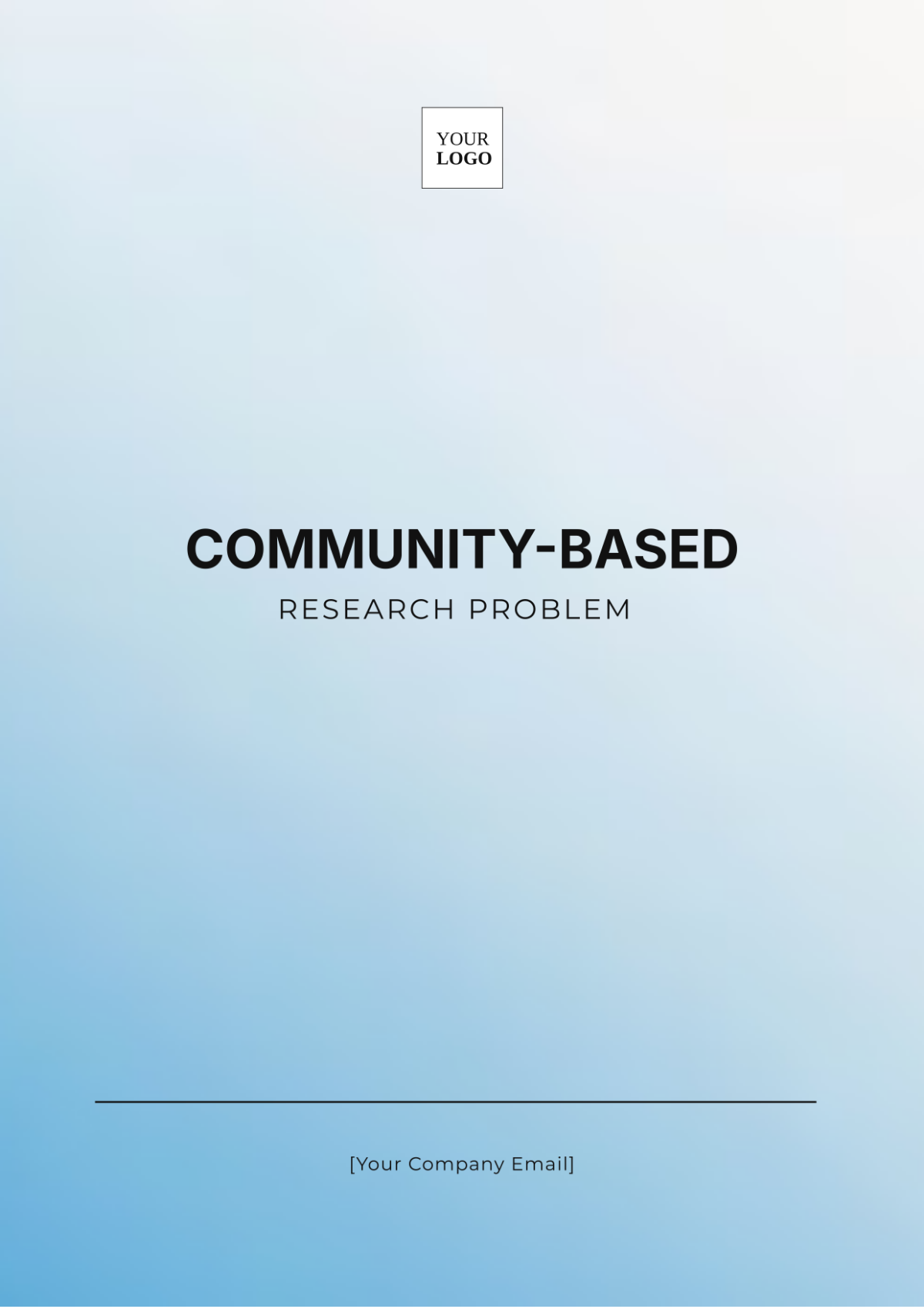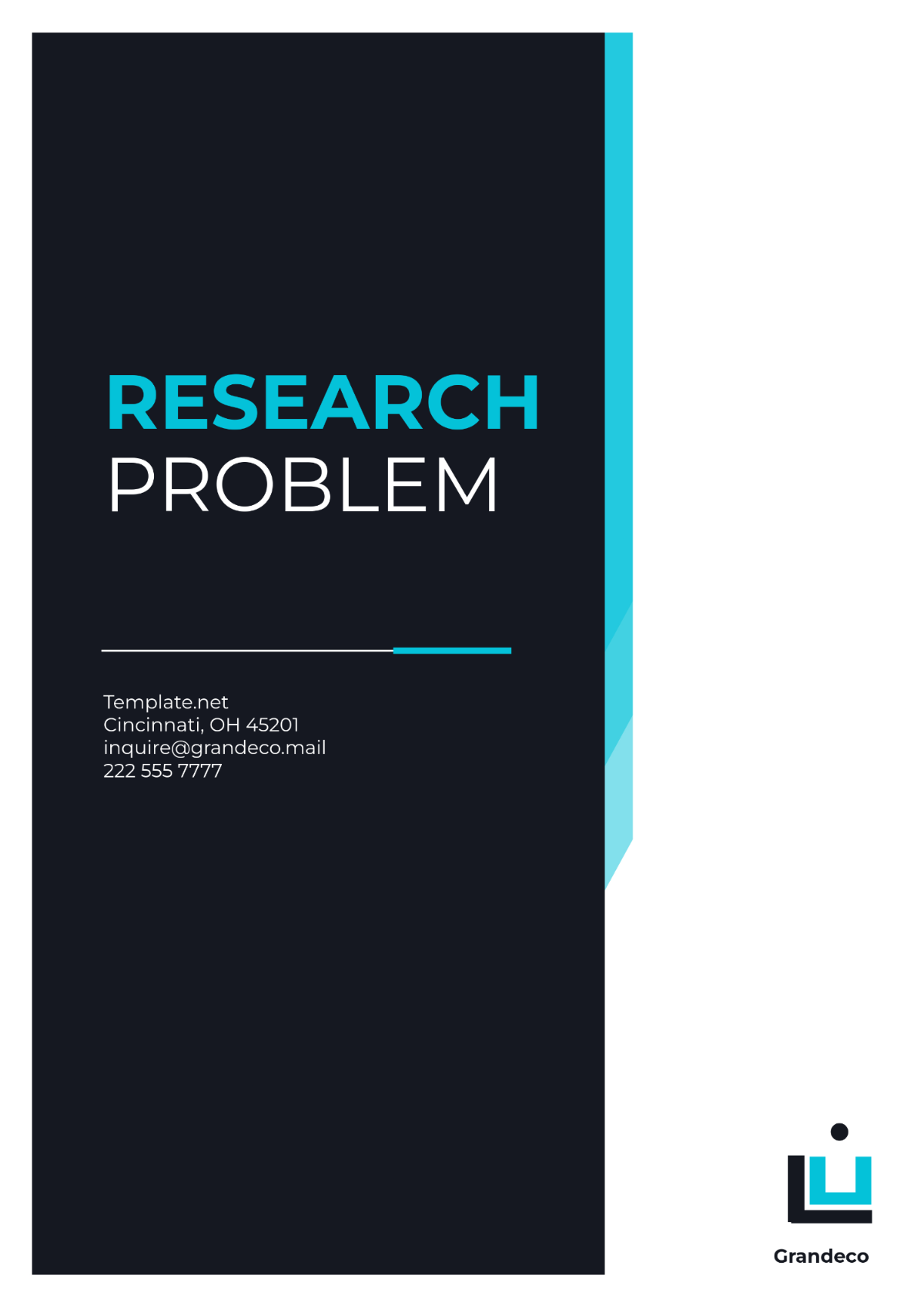Field Academic Research
Research Title
The Effects of Remote Work on Employee Productivity and Well-being
Researcher Information
Name: | [Your Name] |
Email: | [Your Email] |
Institution: | [University Name] |
Research Overview
This research investigates how remote work arrangements affect employee productivity and overall well-being. The study examines various factors, including work-life balance, job satisfaction, and performance metrics, to understand the broader implications of remote work on the workforce.
Research Objectives
Evaluate the impact of remote work on employee productivity compared to traditional office settings.
Assess changes in employee well-being, including mental health and work-life balance, associated with remote work.
Identify best practices for maintaining high productivity and well-being in remote work environments.
Methodology
The study employs a quantitative approach using surveys to collect data on productivity and well-being metrics. Additionally, qualitative interviews provide deeper insights into personal experiences with remote work.
Data Collection
Collection Method | Details |
|---|---|
Collection Method | Surveys and Interviews |
Instruments | Online survey platform, semi-structured interview questions |
Sampling Size | 400 survey respondents, 20 interviewees |
Data Collection Dates | May 1, 2054- July 15, 2054 |
Results
The research shows that remote work can lead to increased productivity for many employees, particularly those who have a dedicated workspace and flexible hours. However, challenges such as isolation and difficulty in separating work from personal life are also noted.


Key Findings
Productivity: Remote workers report higher productivity due to fewer office distractions.
Well-being: Positive impacts include improved work-life balance; negative impacts include increased feelings of isolation.
Best Practices: Effective remote work strategies include regular check-ins, clear communication, and maintaining a structured daily routine.
Discussion
The findings indicate that while remote work has several benefits for productivity, it also presents challenges that need to be addressed. Companies should implement strategies to support remote workers' mental health and ensure they stay connected with their teams.
Conclusion
Remote work has a significant impact on employee productivity and well-being. The research suggests that with proper support and management, remote work can be a viable and beneficial arrangement for both employees and organizations.
References
Johnson, A. (2053). Remote Work and Employee Productivity: A Comprehensive Review. Journal of Business Research, 72(4), 256-274.
Patel, R. & Carter, M. (2054). Balancing Work and Life: The Remote Work Experience. International Journal of Human Resource Management, 45(1), 33-50.
Appendices
Appendix A: Survey Instrument
Appendix B: Interview Protocol
Appendix C: Data Analysis Tables


















